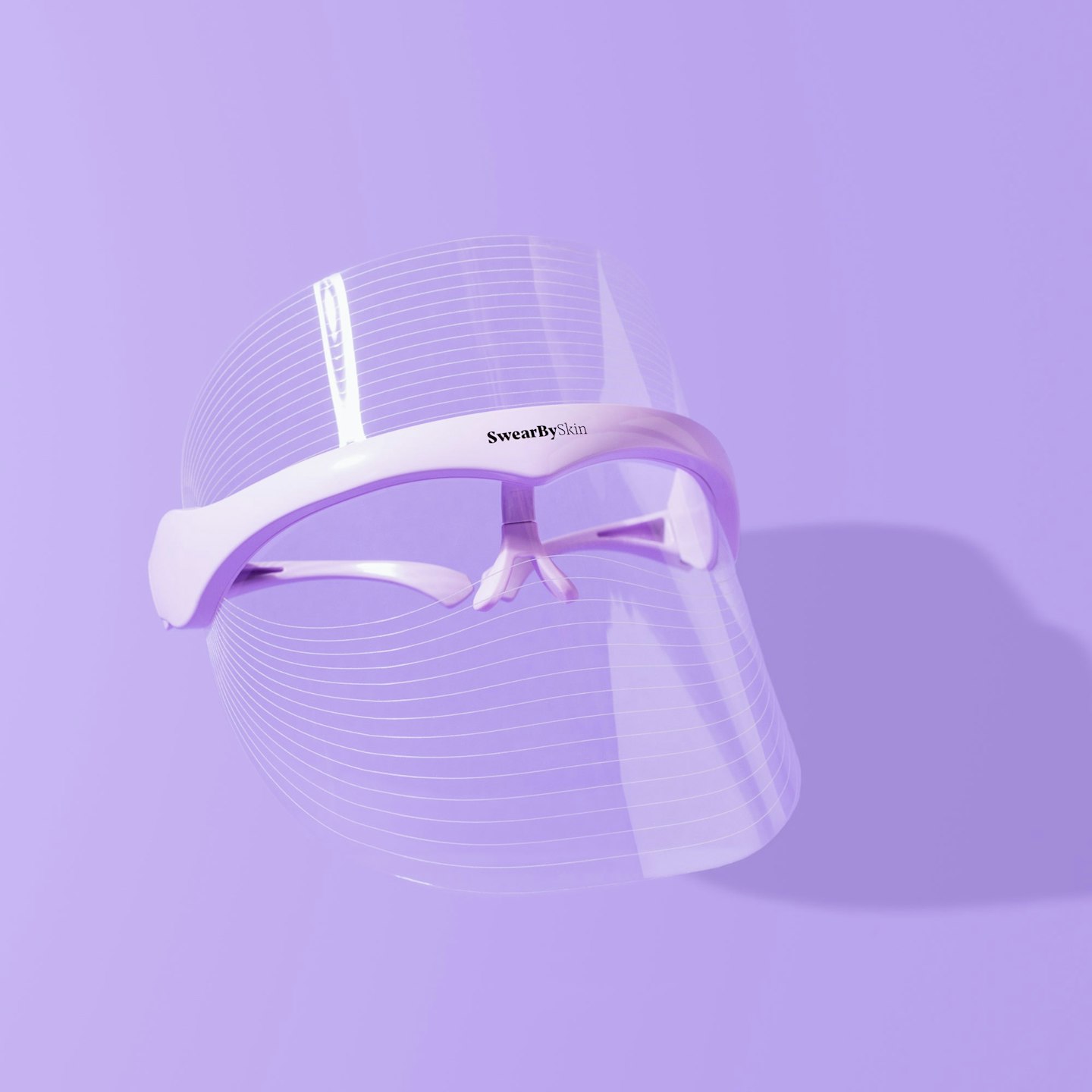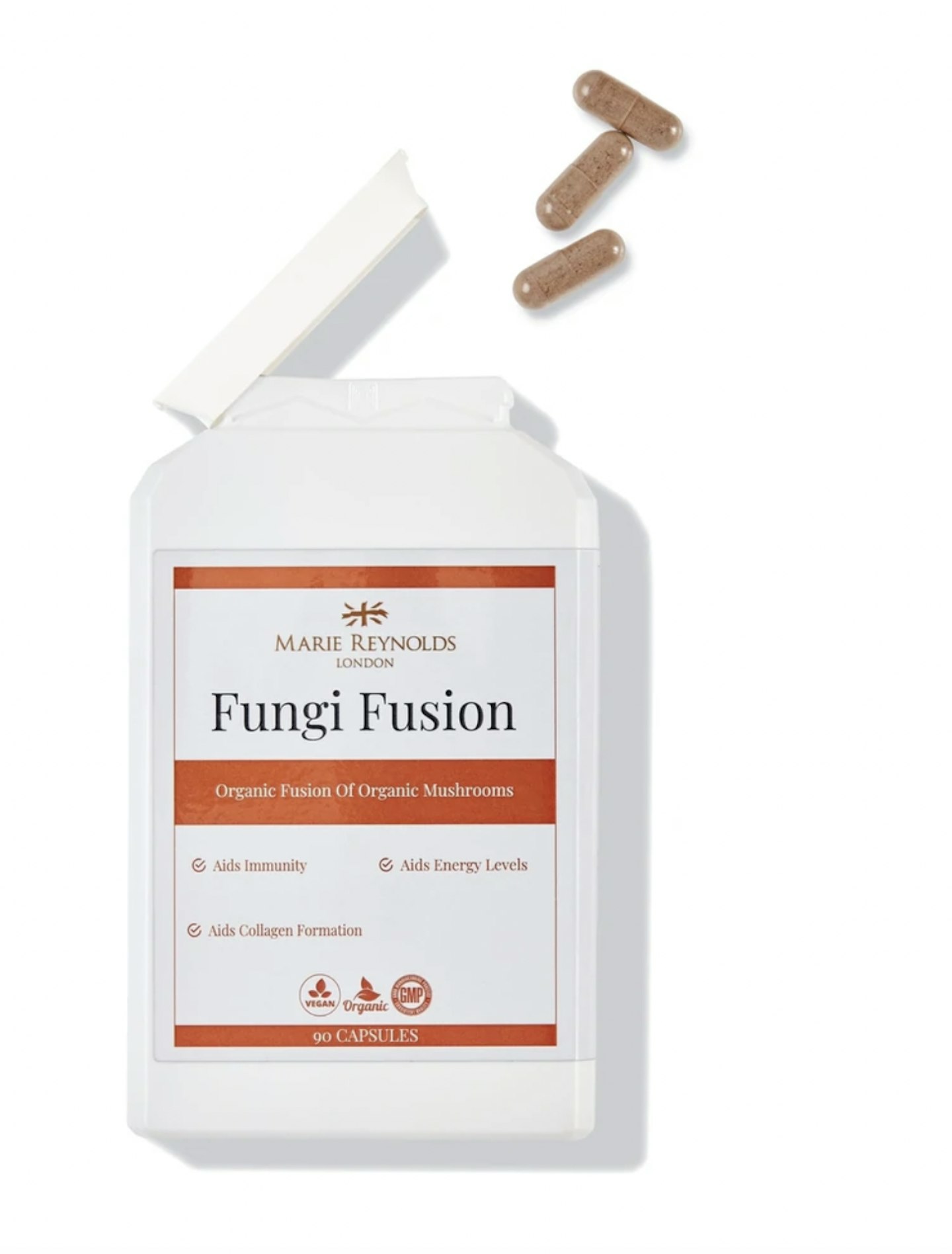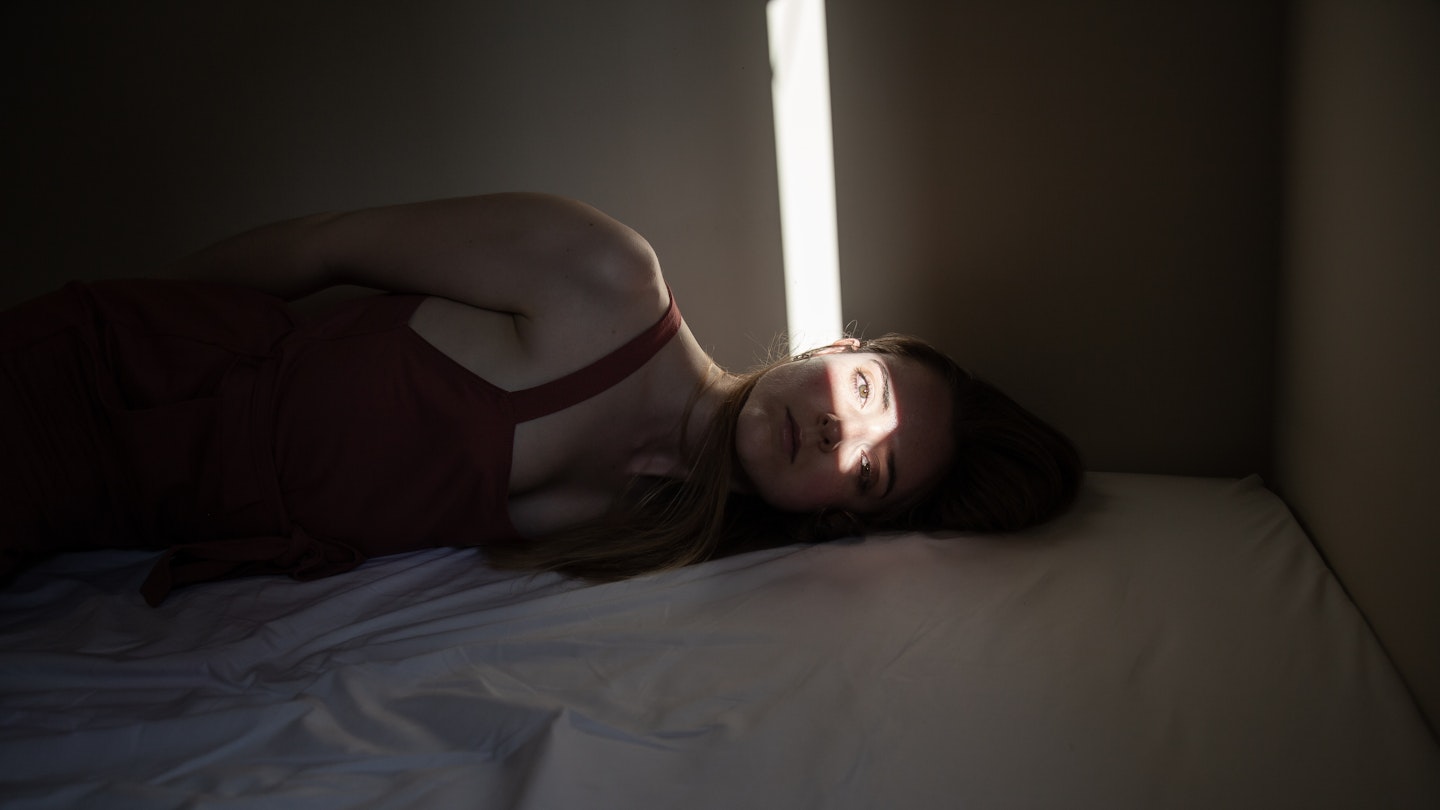January is a glum month for most: temperatures drop, nights are darker and payday feels a million miles away. For those with Seasonal Affective Disorder, though, the month is particularly tough. And these feelings aren't simply just a case of winter blues - this is a depression that could take hold throughout the entire winter months.
There are plenty of misconceptions and eye rolling stigmas surrounding the condition, and particularly how it links to depression. That said, here's everything you need to know about SAD, and how to ease your symptoms.
What is Seasonal Affective Disorder?
Also abbreviated to SAD, UK mental health charity Mind explains that Seasonal Affective Disorder is 'a type of depression that you experience during particular seasons or times of year. Depression is a low mood that lasts for a long time, and affects your everyday life.
If you have SAD, you'll experience depression during some seasons in particular, or because of certain types of weather.'
Dr. Lauren Hamilton, cosmetic doctor at aesthetic clinic Victor & Garth, also tells us that '"possible risk factors include family history, being female, living at a more northern latitude and age (young adults are more susceptible)."
What are the symptoms of Seasonal Affective Disorder?
Global Skin and Wellness Expert Marie Reynolds reminds us that SAD is a type of depression. "Seasonal Affective Disorder brings about low mood, low energy and lethargy; it is believed that sometimes, a lack of sunlight, dark mornings and early evenings can trigger these symptoms. SAD can raise anxiety levels and affect sleep patterns."
Mind also report that you might find it hard to concentrate; notice a change in your appetite; be more prone to physical health problems, like colds, and lose interest in sex.
How do I ease the symptoms of Seasonal Affective Disorder?
There are ways to ease the symptoms of SAD. We've gathered some expert insight, so you can help lighten the load this winter.
1. Use Light Therapy
Light therapy is a newer treatment for those experiencing SAD, and comes recommended by Dr. Lauren Hamilton - she suggests that with continued use, you can see improvement within 1-2 weeks. Mind explain that 'when light hits the back of your eye, messages go to the part of your brain that controls sleep, appetite, sex drive, temperature, mood and activity. If there isn't enough light, these functions can slow down and gradually stop. '
Naturally, sunlight is sparse come winter. The NHS doesn't prescribe light therapy, as there isn't yet enough research to prove its effects entirely. At home, you can use an LED lamp or try a double-pronged approach with an LED mask (you can reap the skin benefits then, too).
 SwearBySkin
SwearBySkinswearbyskin.com
2. Supplement with Vitamin D and B
Dr. Lauren Hamilton says that most people in the UK are vitamin D deficient, and that we should all be supplementing. 40% of us (at least!) are also deficient in vitamin B12. Vitamin B12, according to Hamilton, increases mood, energy, metabolism and reduces anxiety symptoms.
Marie Reynolds corroborates this. "Reserve energy at this time,' she says. 'Look at foods that are nourishing, warming and increase your levels of vitamin D. Mushrooms have a high natural percentage of it in particular."
Marie's Fungi Fusion supplement contains an impressive blend of various mushrooms, as well as other nutrient packed ingredients, to supplement vitamins D and C.
 Marie Reynolds London Fungi Fusion
Marie Reynolds London Fungi Fusionwww.mariereynoldslondon.com
3. Set routines before bedtime to help you sleep
"Consistently high levels of cortisol can cause SAD to develop,' says Dr. Hamilton. 'Sleep is key here, as when we are asleep, the body’s cortisol levels drop which allows the body to regenerate. Try to develop a good night-time ritual to encourage shut eye."
Stuck for ideas? Marie Reynolds recommends to "go to bed around 9-10pm and do a ritual before you settle down for the night. You can run a salt bath, and make sure all electronics are out of the room so as to not disturb you."
4. Visit your GP
If self help isn't easing your symptoms, visit your GP. They could offer you some talking therapy (counselling or CBT), or an antidepressant.
The mental health charity Mind have also developed a crisis page, which can help with your symptoms if you're feeling them presently. You can visit the page here.
READ NOW: Shower Meditation Could Be The Key To Factoring In That Elusive Moment Of 'Me Time'
